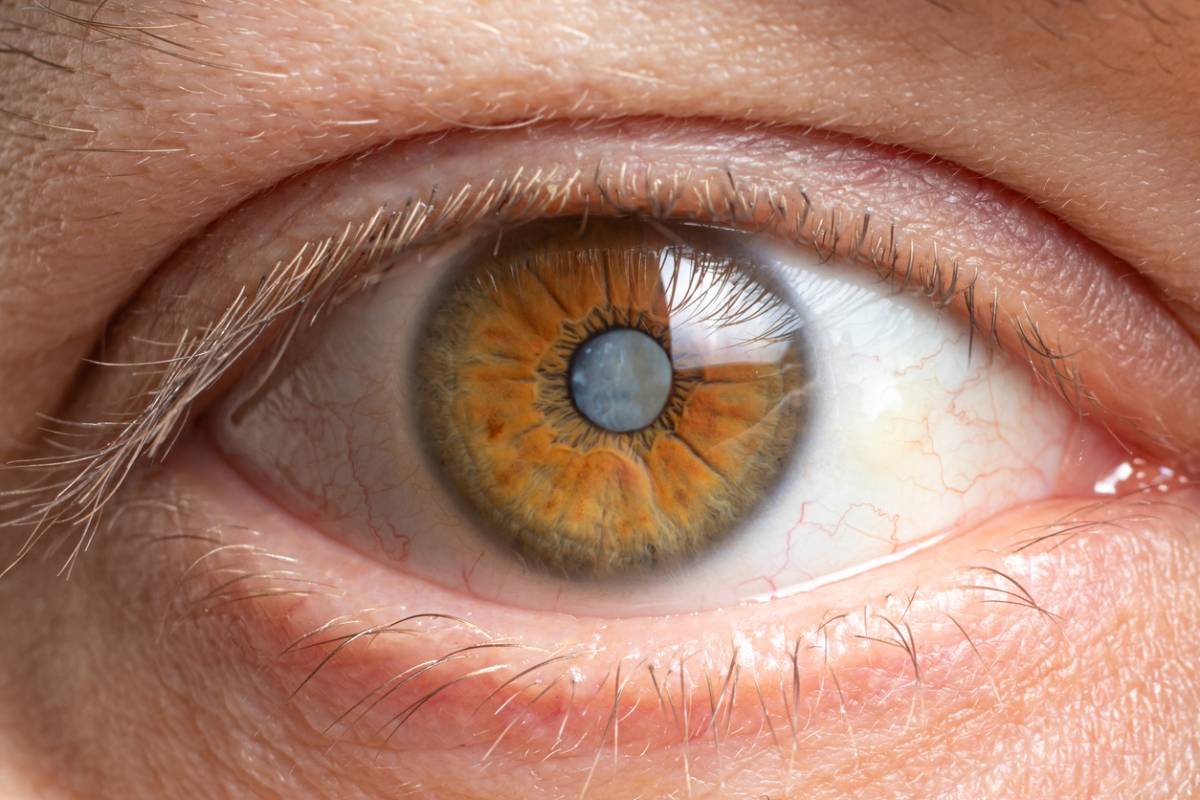The surgery to remove a cataract is permanent. The procedure replaces the natural lens of the eye with an artificial lens, so it is physically impossible for a cataract to grow back in an eye that has already been treated for the condition. With that said, it is possible for other conditions to cause some blurring in your vision. So, cataracts grow back after surgery.
Can Cataracts Grow Back After Surgery?
To help you better understand what cataracts are and what you can expect during cataract surgery in Orange County, our team has put together a brief guide.
What Is A Cataract?
A cataract is an opaque spot that forms on the natural lens of your eye. While there are instances in which cataracts do develop in younger people, they are most frequently seen in individuals over the age of 55.
There are three main types of cataract: nuclear, cortical, and posterior capsular. Each type is defined by the placement of the cataract and the affected layer of the lens.
Just as cataracts are more likely to affect older adults, you may also have an increased risk of developing cataracts if you have an additional risk factor. Common risk factors for cataracts include:
- Diabetes
- Smoking
- Drinking
- Corticosteroid use
- UV radiation
- Poor nutrition
- Family history
If you have one or more of these risk factors, then you may be more likely to develop cataracts in your 50s and 60s than others in the same age group.
How Does A Cataract Form?
A cataract forms as a result of changes in the lens of the eye, usually a result of aging. These changes cause proteins to build up in the lens, clouding an otherwise clear surface. This cloudiness may not be immediately apparent, but it will affect your vision if it develops in a problematic spot or continues to spread over the lens.
When Is It Necessary to Have Cataract Surgery?
Your eye surgeon in Orange County will not generally advise cataract surgery until your cataracts begin to affect your visual acuity in a meaningful way. Cataract surgery is a well-established procedure, and the risks associated with the surgery are fairly low.
With that said, all surgeries come with risks. Your surgeon will not want to expose you to that risk until it is offset by a sizable improvement in your quality of life.
What Does Cataract Surgery Involve?
Cataract surgery replaces the natural lens of your eye with an artificial lens. To achieve this, your surgeon will make an incision in your cornea to access the lens of your eye. That lens will be carefully removed and subsequently replaced.
In the vast majority of cases, you will be awake for this procedure to avoid the additional risks that accompany general anesthesia. You will be given a mild to moderate sedative, and your surgeon will numb your eye(s) with specialized eye drops. When your eye is numb, a tool will be used to help keep your eye open for the duration of the procedure.
How Long Does It Take to Heal After Cataract Surgery?
After your surgery, your eye doctor will send you home with post-surgical instructions. You will likely have medicated eye drops to promote healing and hydration. You will also have some kind of eyepatch or eye shield to prevent yourself from rubbing the affected eye(s).
In the first few days, you will experience some discomfort. An itching sensation is common. Afterward you should not feel any discomfort, but your vision may not be 100% yet. It can take one to three weeks for you to get the full benefit of your surgery.
What Other Conditions Could Cause Blurry or Clouded Vision?
Cataracts are one of the most common causes of blurry or cloudy vision. However, if you’ve already had the surgery and start to experience these symptoms, it is likely linked to another condition. Everything from dry eyes to macular degeneration can have this effect, so check with your eye doctor to learn more.

